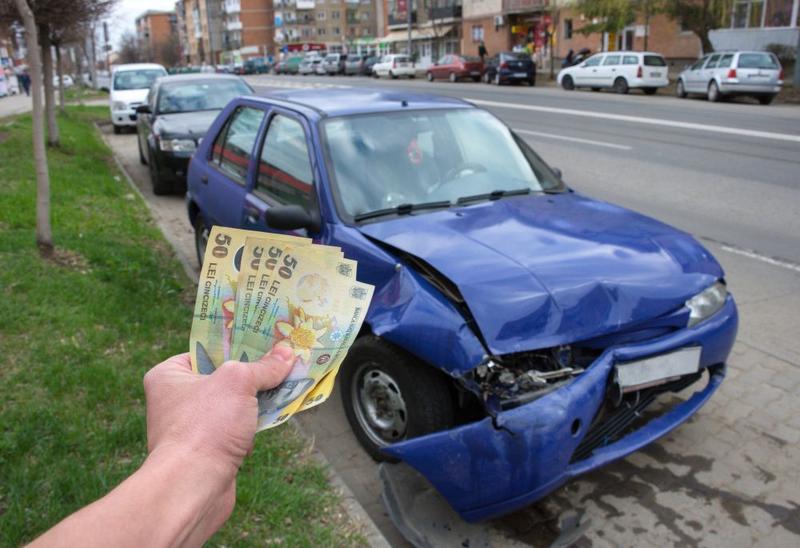The deeds of old return to haunt Romanian authorities and the society in general in today’s media with reports showing Romanian women are five times more worthy than Romanian men, that the draft lustration law will affect politicians at all levels and that Ceausescu-era financial schemes are still to be found among employees at large banks today.
The ancient habit of turning one eyes from trouble was seen again on Tuesday as Senator Norica Nicolai expressed regret for allowing her niece to meddle with the Senate activities and possibly even vote in a session last week.
The newspapers are quick to note that while the Criminal Code sets clear sanctions for the Senator and her niece, as Gandul writes, Nicolai’s party, the Liberals, proved a maximum of indulgence towards their colleague, as Cotidianul shows.
Evenimentul Zilei points out that Norica Nicolai decided to forward public apologies only after prime minister Calin Popescu Tariceanu, who is also the leader of the Liberals, asked her to do so.
And Jurnalul National reports that after the "Niece" incident in the Senate Romanian deputies proposed the use of a digital or vocal print as a way to identify voting parliamentarians.
The past can also still be seen in how Romanian people spend their time, as shown in a recent Europe-wide study by Eurostat, quoted by Cotidianul.
It says Romanian women dedicate over five hours a day working around the house or caring for children, while men, who only do so one hour a day in average, spend much more time at the office, traveling or buying stuff.
The report shows, however, that the situation is not valid for Romania alone, but for most European countries, where the figures vary.
A somehow virtual return to the Communist days proves troubling for Romanian authorities as well, as the expected adoption of a lustration law in Romania will affect not only the political leaders in Bucharest, but also the positions of many mayors and local councilors across the country, as Evenimentul Zilei reports.
The newspaper continues its effort to identify officials who fall under the incidence of the draft lustration law, which should ban political activities for officials of the ex-Communist leadership for ten years.
Evenimentul Zilei does not spare parliamentarians, however, and reports that fiscal control authorities in the county of Prahova have identified a tax evasion amounting to 100,000 euro at two societies controlled by a Senator and a deputy.
Senator Corneliu Pascu of the Conservative party and deputy William Branza of the Democratic Party are suspected of involvement in the embezzlement and tax evasion case, related to a contract to dispose of a large quantity of waste at an energy plant in the area.
And another parliamentarian, Marko Bela, who is also leader of the Hungarian Democrats, remains under fire as Cotidianul continues its reports that he cannot properly explain how come he received 1 billion Romanian lei as copyright money for books he wrote and is about to write.
The newspaper insists that the amount of money – presented in Bela’s wealth statement – is hard to explain as the sum is huge as a copyright payment for books of poetry in Romania.
The past returns in Gandul, which reports that employees of major Romanian banks have been running for years the so-called "gipsy wheel" schemes, well known for their spread during the Communist regime. Such schemes involve a group of people participating to a fund which is renewed periodically.
And the fund goes today to one of the participants, to another next month, to the next in two months until the cycle is complete.
According to Gandul, the practice has National Bank approval and can be found in huge banks such as the National Bank itself, the Romanian Commercial Bank and the Savings House, despite that employees have some of the highest salaries in the country.




















